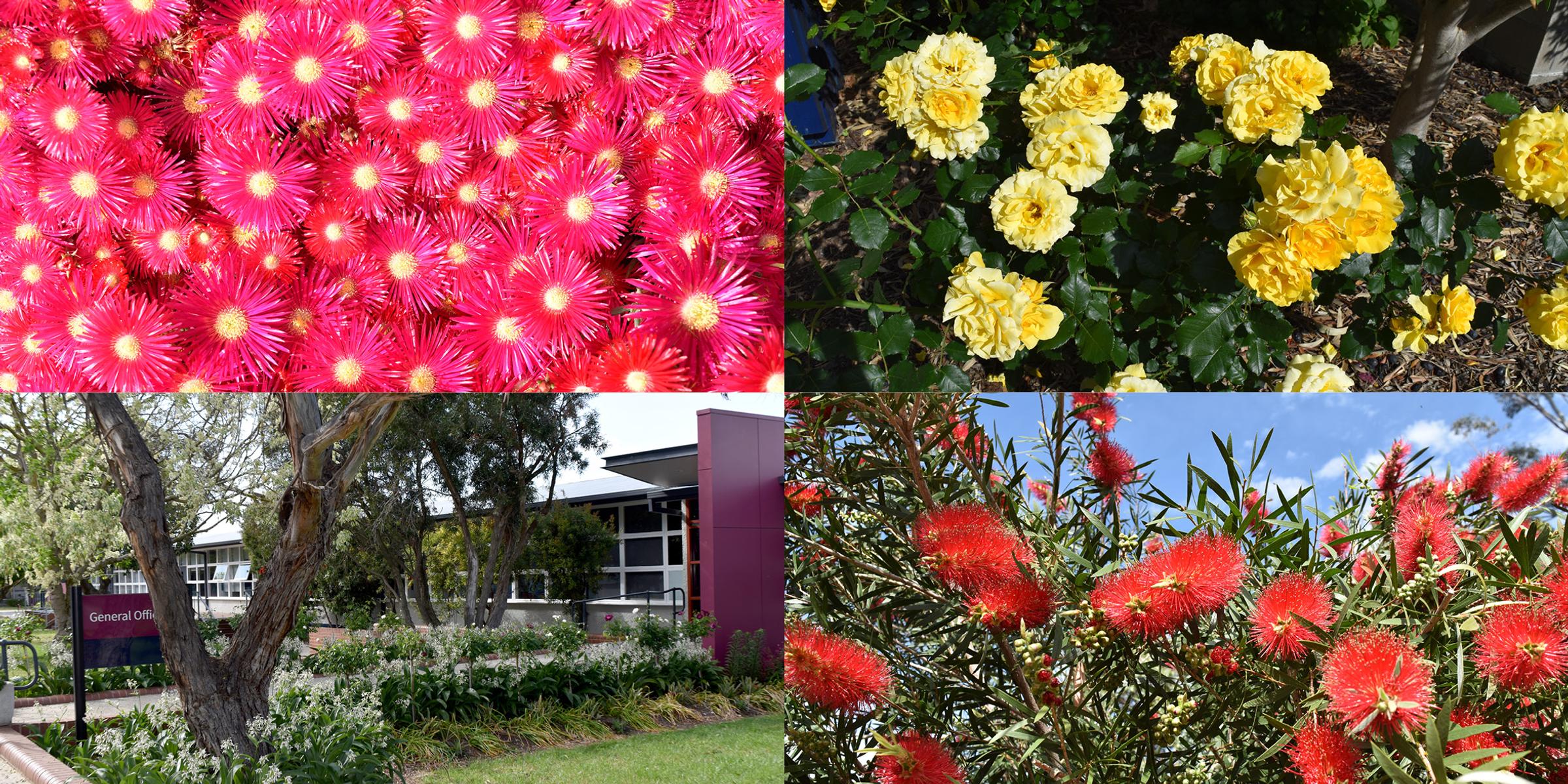Wellbeing

We are all sailing in unchartered waters at the moment and this can cause anxiety and stress. We need to look after ourselves to achieve the best possible outcomes during this time of uncertainty. School is important but so is your health and wellbeing. Eating healthy and exercising daily is the key to your overall wellbeing. Ensure you take a break from screens, take a walk, call or text someone (a friend, your grandparent, or a cousin) to say 'hi'. During isolation a daily routine can help you structure your day.
It’s important to remember to show empathy towards others as we navigate these uncertain times together.
The Resilience Project principles
Gratitude – Paying attention to the things that we have right now, and not worrying about what we don’t have. We practise this by noticing the positives that exist around us.
Empathy – Putting ourselves in the shoes of others to feel and see what they do. We practice this through being kind and compassionate towards other people.
Mindfulness – Our ability to be calm and present at any given moment. We practice this through slowing down and concentrating on one thing at a time. This could be our breathing, completing a colouring sheet or noticing the noises we can hear.
Emotional Literacy – Our ability to label our emotions as we experience them. Labelling our emotions helps us to manage our emotions (soften negative emotions and find positive emotions). We practice this by labelling our emotions as we experience different parts of our day.
Food also plays a vital role in maintaining physical and mental health. Eating a nourishing, balanced diet helps to give people an overall sense of wellbeing.
- Eat plenty of vegetables, legumes and fruits.
- Eat plenty of cereals, preferably wholegrain, such as breads, rice, pasta and noodles.
- Include lean meat, fish, poultry and/or alternatives.
- Include milks, yoghurts, cheeses and/or alternatives (preferably low-fat varieties).
- Drink plenty of water.
- Limit intake of foods containing saturated fat, added salt, added sugars. Limit soft drinks.
Smoothie recipe
- 1 frozen banana
- 1 tablespoon raw honey
- 1 cup of spinach
- 1/2 cup of blueberries
- 1 apple
- 1 tablespoon of nut butter
- 1 level tablespoon of chopped fresh ginger
- 1/2 cup of almond milk
- 5 ice cubes
Blitz and enjoy.
Wellbeing referrals
Students can continue to access Wellbeing support from our qualified practitioners. Referrals can be made through emailing the relevant Student Manager:
- Year 7 BCGH Deborah McKay
- Year 7 ADEF Petra Witt
- Year 8 ACE (1st half of G) Steve Williams
- Year 8 BDF (2nd half of G) Mel Erwin
- Year 9 EFGH Phil Hull
- Year 9 ABCD Amanda O'Hara
- Year 10 A-K Emma Colmanet
- Year 10 L-Z Dolores Doran
- Year 11 A - L Leah Liakos
- Year 11 M- Z Jackie Matthews
- Year 12 A – Mcrae Tess Molina
- Year 12 Modra - Z Clare Selir
Tips for a healthy headspace:
- Be mindful of exposure to information through stories traditional and social media. Take regular breaks from the news cycle.
- Stay connected through technology with family and friends
- Engage in activities that promote a sense of calm and feeling grounded.
- Prepare healthy foods
- Exercise
- Keep up to date with emails and Compass communications
- Keep a daily routine, ensuring you are ready to learn and online each school day according to your timetable.
Resources for Anxious Teens and Children:
- Moodgym: – moodgym.com.au
- The Brave Program – brave4.you.psy.uq.edu.au
Help Lines:
- National 24/7 crisis services
- Lifeline: 13 11 14 or lifeline.org.au
- Suicide Call Back Service: 1300 659 467 or suicidecallbackservice.org.au
- beyondblue: 1300 224 636 or beyondblue.org.au
- headspace: visit headspace.org.au
- Kids Helpline: 1800 55 1800 or kidshelpline.com.au
- ReachOut: reachout.com
- Parentline 132289
24-HOUR TELEPHONE COUNSELLING - If you need to talk to someone call:
- Lifeline on 13 11 14
- Kids Helpline on 1800 551 800
- Suicide Call Back Service on 1300 659 467
- Headspace 1800 650 890
- Beyond Blue 1300 22 4636
ONLINE COUNSELLING:
- eheadspace.org.au - non-crisis service
- Lifeline - lifeline.org.au
- Kids Helpline (for 12-25 year olds) - https://kidshelpline.com.au/get-help/webchat-counselling
